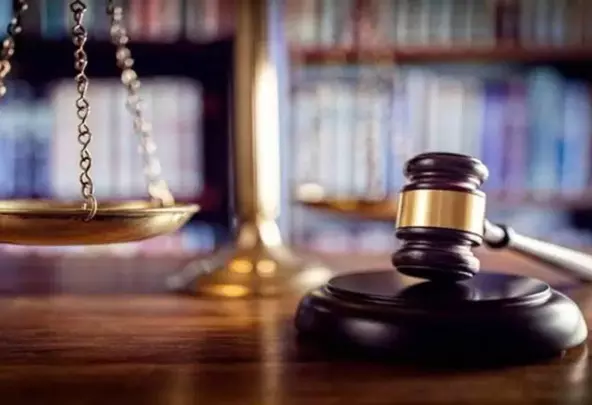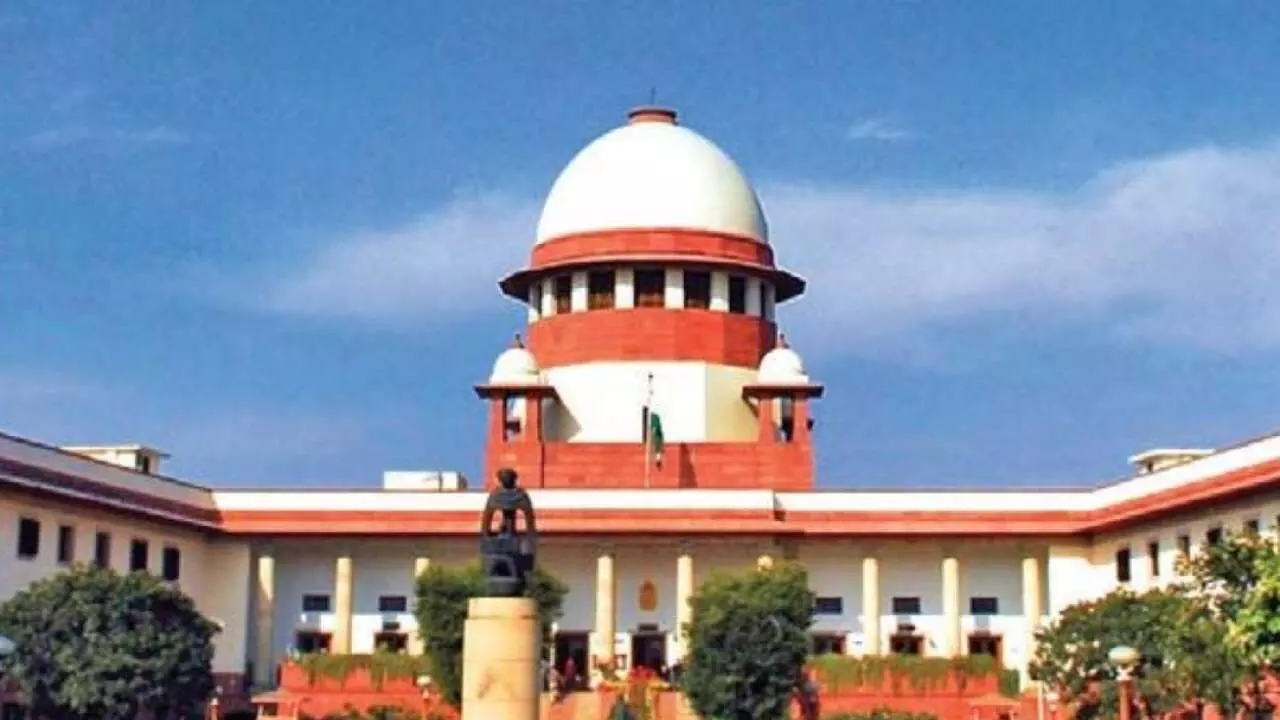
Uniform Civil Code discussions reemerge
text_fieldsThe Uniform Civil Code issue, targeted at a particular community, is being kept alive by the Sangh Parivar and the Central government under its control. BJP officials are adamant about not letting up on this topic, even after being made aware of the practical difficulties and other factors. Last September, BJP leader and advocate Ashwini Kumar Upadhyay petitioned the Supreme Court to ask the government to introduce legislation establishing a Uniform Civil Code in Parliament. The rationale he put forward is that there are different laws regarding divorce, succession, inheritance, adoption and guardianship according to the various personal laws of different religions, and there was a need to unify them. For instance, for Hindus and Muslims, incurable leprosy may be grounds for divorce, but not for Christians and Parsis. Adopted children have right of inheriancet only under Hindu law, whereas it is denied to adopted children under the laws of Christians, Parsis, or Muslims. Many other people have also filed petitions along with Upadhyay, making similar demands. The petitions were considered by a bench comprising Chief Justice U U Lalit and Justice Ravindra Bhat, who also asked for the central government's comprehensive opinion. Additionally, the All India Muslim Personal Law Board has also impleaded in the case seeking their position to be heard. In response to the court's reference, the Union Law Ministry said that framing such laws is an exclusive privilege of the parliament, and courts cannot issue direction in this regard. But it also added that people of different religions and different denominations following separate property and matrimonial laws is an 'affront to national unity'. Although the issue was brought before the 21st Law Commission, the deliberations were inconclusive as the commission's term ended in 2018. The administration also stated that it would come to an appropriate conclusion after reviewing the 22nd Commission's report and consulting with all stakeholders. The 22nd commission has been constituted, however, it does not have a chairperson yet.
In February 2019, Law Commission Chairman B.S. Chauhan told Muslim Personal Law Board representatives in a discussion that the time has not yet come for a Uniform Civil Code and that it would require at least another 10 years, and in the meantime, separate reforms of personal laws can be considered. In November 2019, a bench comprising Chief Justice of Delhi High Court DN Patel disposed of a petition saying that it is for Parliament to legislate for a Uniform Civil Code - the court did not even allow the Muslim Personal Law Board to become a party, nor did it send a notice to the Centre. In December 2020, a Supreme Court bench, headed by the then Chief Justice SA Bobde, sent a notice to the Centre in a petition filed by Ashwini Kumar himself. However, the court made it clear that the petitioner was trying to steer the Supreme Court in the direction of infringing on personal rights and it was sending the notice with extreme caution. In September 2020, Law Minister Kiren Rijiju said in Parliament that although the government is committed to the implementation of the Code, a detailed discussion is still required. But following a petition in July 2021, a single bench of Justice Prathiba M Singh of the Delhi High Court directed the Centre to implement the Uniform Civil Code.
Thus, the courts, the government, and the Law Commission have all responded differently at different times, which has increased the overall uncertainty and ambiguity surrounding the Civil Code. The construction of the Ayodhya temple, the abrogation of Jammu and Kashmir's special status, and the Uniform Civil Code are all key components of the second Modi administration's Hindutva agenda. By doing away with a separate personal law, which Muslims view as a symbol and basis of culture, religious identity, and family tradition, the Sangh Parivar also aims at denying distinct identity of the community. However, a Uniform Civil Code will have a significant impact also on various tribal laws in addition to Muslim personal law. As an example, an Assam-based BJP leader declared it was unacceptable to repeal the state's unique personal laws for tribal people. Personal laws do exist for other communities too. However, it is necessary that the the Hindutva camp revisit its practice of using Muslims as the main target of blame by occasionally chanting the slogan "Uniform Civil Code."














